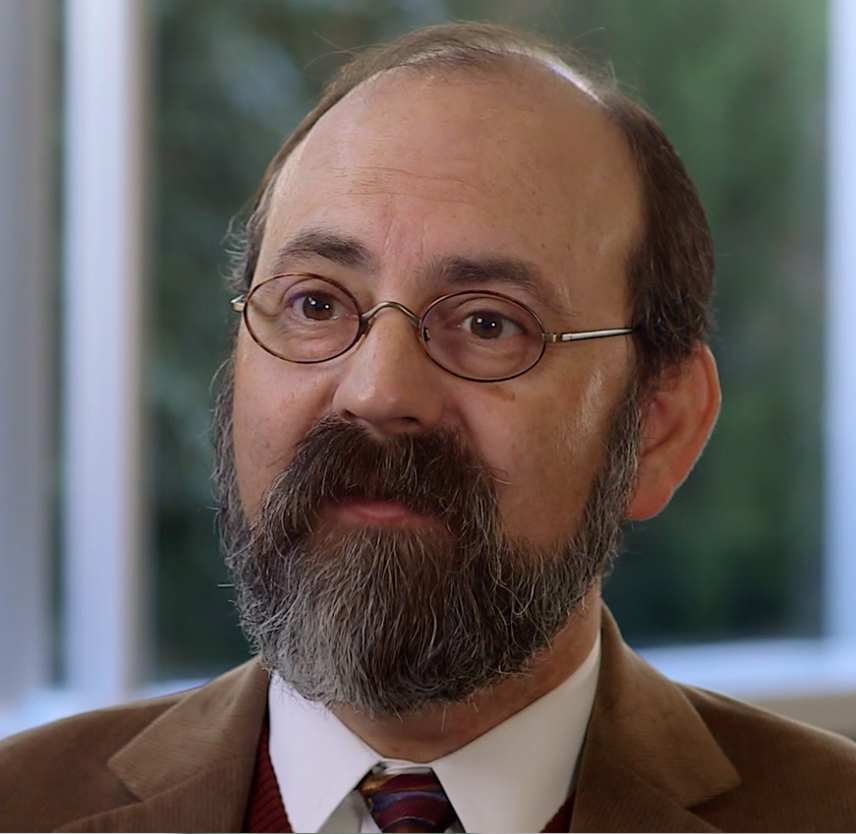
When am I going to get better and will I get better completely? Will my memory recover entirely?
As clinicians, one of the most common questions we're asked by people with brain injuries and their families is, "When am I going to get better, and will I get better completely? Will my memory recover entirely?" It is an enormous source of anxiety for family members, for people with brain injuries, and for clinicians, because of course we can't give a clear answer in any individual case, and especially not in all cases.
As we know, each person with a brain injury is unique, and each story will be their own story. If we had crystal balls, we could do this and actually predict how people are going to do, but unfortunately, that isn't something we're able to do. So what we do instead is to look at the rate of recovery that people are making, try to make sense of all the other things that they may have had during the injury as well as the characteristics that they brought into it and the services we're providing, and do our best to make some predictions about where things are likely to go.
We hope for the best, but plan for less than that and put in place the resources, the strategies and the treatments that we need to help people maximize their recovery while waiting patiently together to see what that actually is going to look like.
The number of family conferences I've been in where people have asked me to make predictions about outcome are too numerous to count, and often the best that I can offer is to say, "I don't know where things are going to go. I don't know how quickly we're going to get there. But I'll do this with you, and we'll stay together and we'll make the best of what we can, giving the best treatments that we have. And if it doesn't work as well as we'd like, then we'll make our next plan to adjust to that."
I think in this area of medicine, brain injury medicine and neurorehabilitation, we have to be able to tolerate a certain amount of uncertainty, in part because each story is unique, and the path that any individual with brain injury will take is their own and therefore very difficult to predict. Having said that, it's common for us to think that we don't know very much and we're not sure if the things that we do work.
In fact, 40 years into really sophisticated brain injury research, we know an awful lot. And although the evidence may not always be what we'd like in terms of its strength or its quality or its depth, there is a lot of evidence that we can use to guide brain injury rehabilitation, particularly in the areas of cognition, meaning thinking and memory, as well as behavior.
Importantly for us who are doing this work, if we're going to treat people with brain injuries, it's really important that we use evidence-informed treatment and to think first about what the literature can tell us and apply it as best we can before sometimes throwing our hands up and saying, "We don't really know, so either I can't do anything or I can do whatever I want."
While it can be frustrating or anxiety-provoking for clinicians to provide care in an area where we'd all acknowledge there's an awful lot more to learn, there is a lot of evidence to guide the things that we might offer to persons with brain injuries, especially those with thinking and memory problems after brain injury. Using evidence-informed treatments, we really can make a big difference in the lives of persons with brain injuries and their families.
Related Resources
About the author: David Arciniegas, MD
Dr. David Arciniegas is a psychiatrist in Gunnison, Colorado and is affiliated with TIRR Memorial Hermann. He received his medical degree from University of Michigan Medical School and has been in practice for more than 20 years. He is one of 2 doctors at TIRR Memorial Hermann who specialize in Psychiatry.

